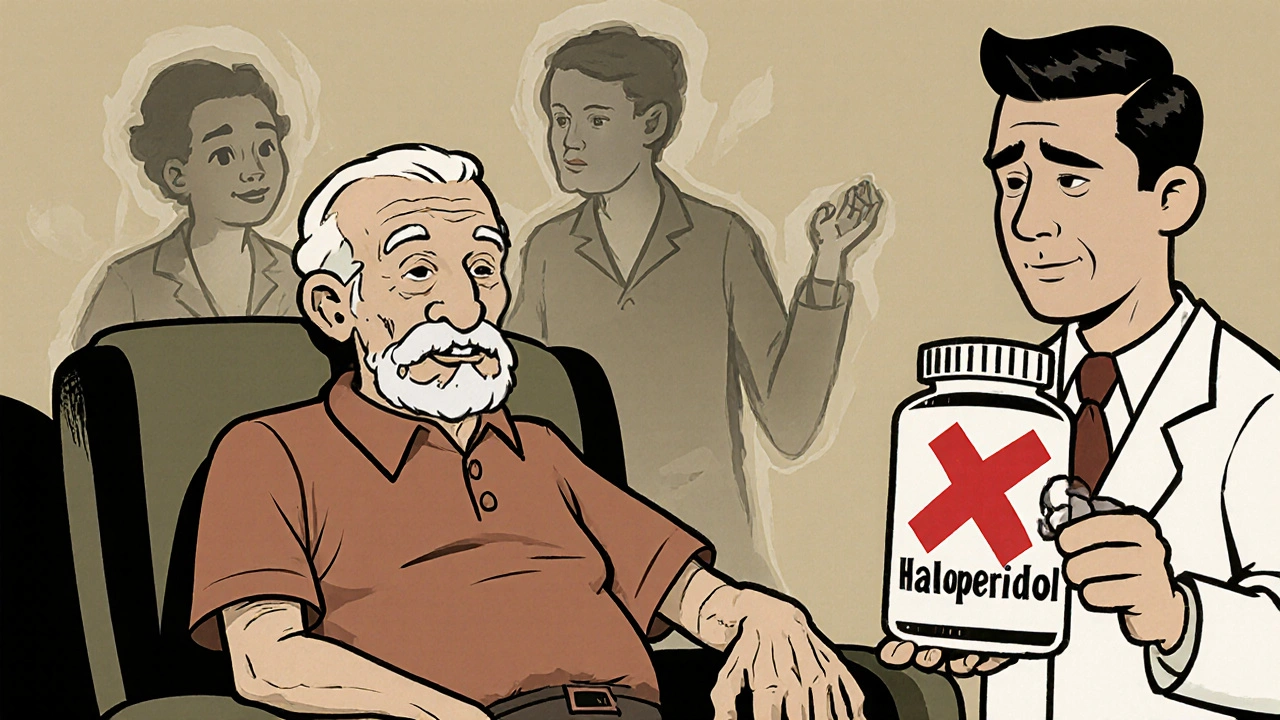Parkinson's Disease: Symptoms, Treatments, and Medication Insights
When someone has Parkinson's disease, a progressive nervous system disorder that impairs movement by reducing dopamine production in the brain. It's not just shaking hands—it's slow walking, stiff muscles, trouble balancing, and even quiet speech. Also known as Parkinson's, this condition slowly changes how you move, speak, and sometimes even think. The brain’s dopamine-producing cells die off over time, and without enough dopamine, signals between nerves and muscles get messy. That’s why simple actions like buttoning a shirt or standing up from a chair become harder.
Most people with Parkinson’s take levodopa, a medication that the brain converts into dopamine to replace what’s been lost. It’s the gold standard, but it doesn’t stop the disease—just manages the symptoms. Over time, its effects wear off faster, and side effects like involuntary movements can show up. That’s why doctors often pair it with other drugs like dopamine agonists, which mimic dopamine’s effects without turning into it, or MAO-B inhibitors, which slow the breakdown of dopamine in the brain. But here’s the catch: many of these drugs interact with other medications you might be taking. For example, antacids can block levodopa absorption, and certain antibiotics or antidepressants might make side effects worse. That’s why tracking every pill you take matters.
People with Parkinson’s often juggle multiple meds, and that’s where things get tricky. A drug meant to help one symptom might make another worse. Muscle pain from statins? That’s a separate issue, but if you’re on both, your doctor needs to know. Same with blood thinners, acid reducers, or even over-the-counter cold meds. Some of the posts below show how common drug interactions can quietly undo progress. Others dig into alternatives when levodopa stops working well, or how to handle nausea, sleep problems, or low blood pressure that come with treatment. You won’t find fluff here—just real talk about what works, what doesn’t, and what to watch out for when your body’s already working overtime.
Whether you’re newly diagnosed, caring for someone with Parkinson’s, or just trying to understand why your meds keep changing, this collection gives you the straight facts. No hype. No guesswork. Just what you need to know to stay in control.

Parkinson’s Disease and Antipsychotics: How Medications Can Worsen Motor Symptoms
- Nov, 20 2025
- Daniel Remedios
- 13 Comments
Antipsychotics can severely worsen motor symptoms in Parkinson’s disease by blocking dopamine. Only clozapine and quetiapine are safer options. Most others, like haloperidol and risperidone, should be avoided. The key is adjusting Parkinson’s meds first before using antipsychotics.
